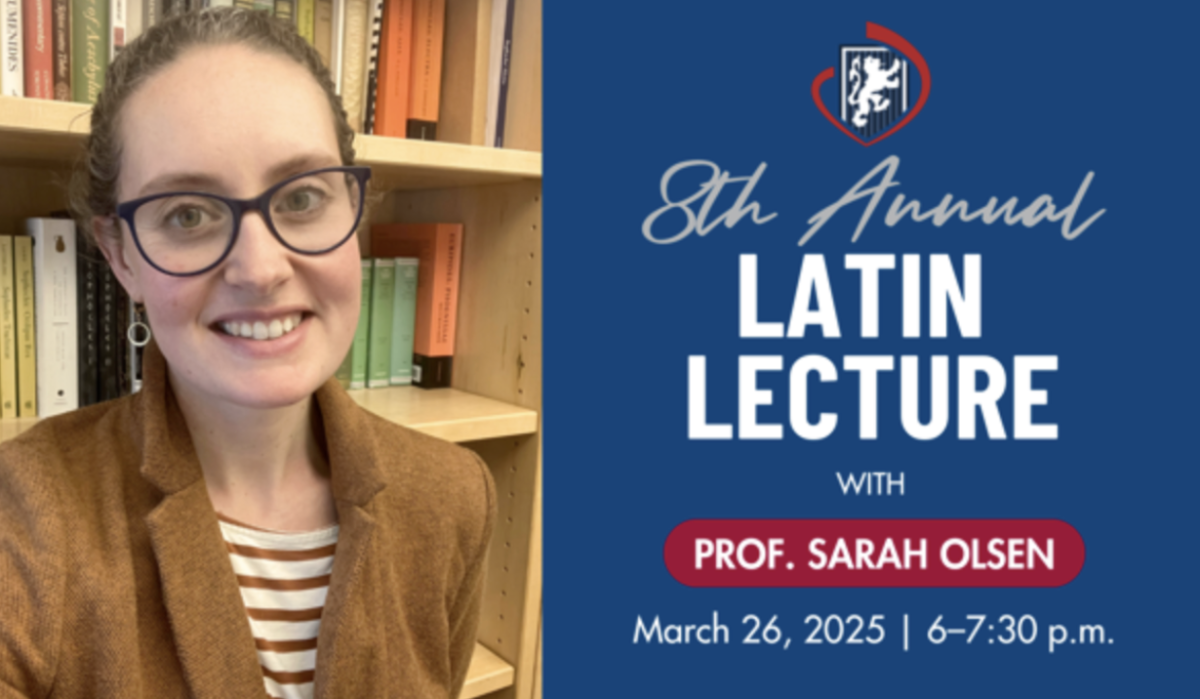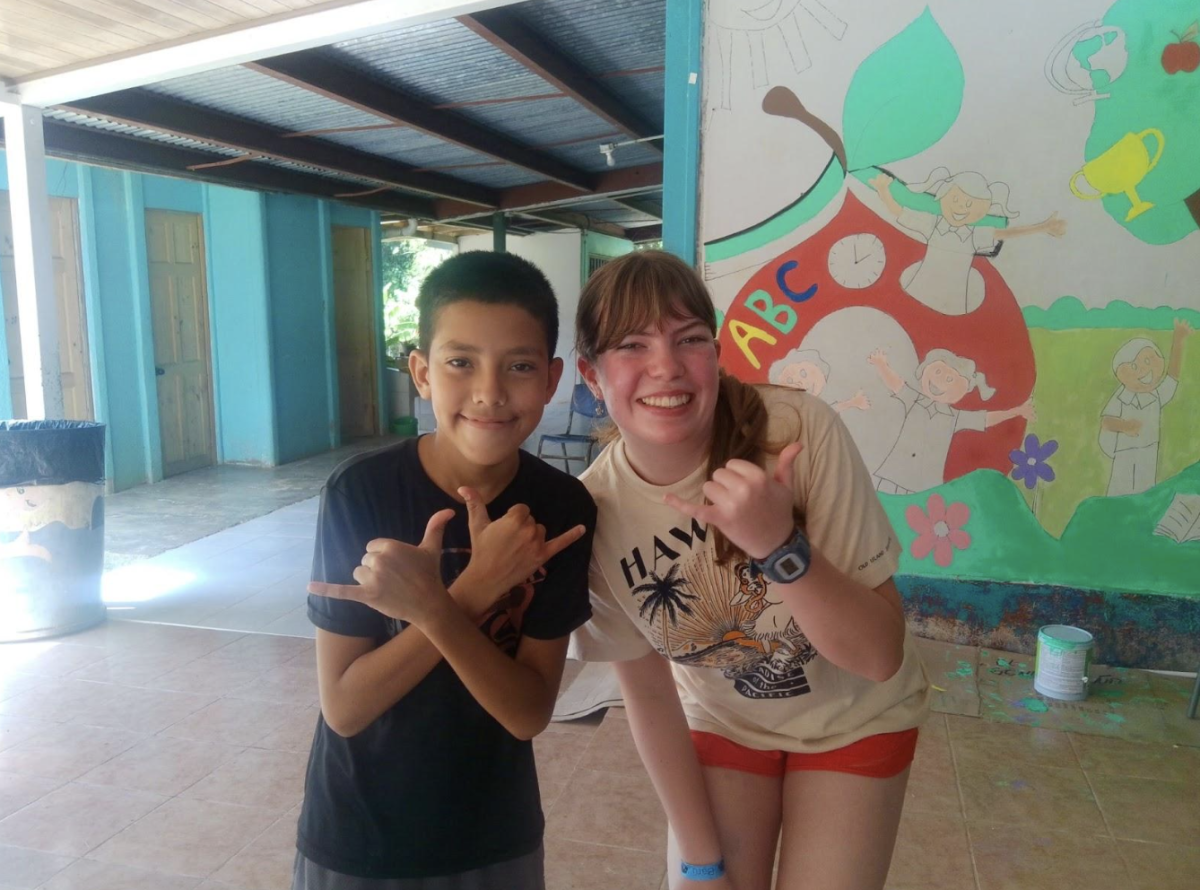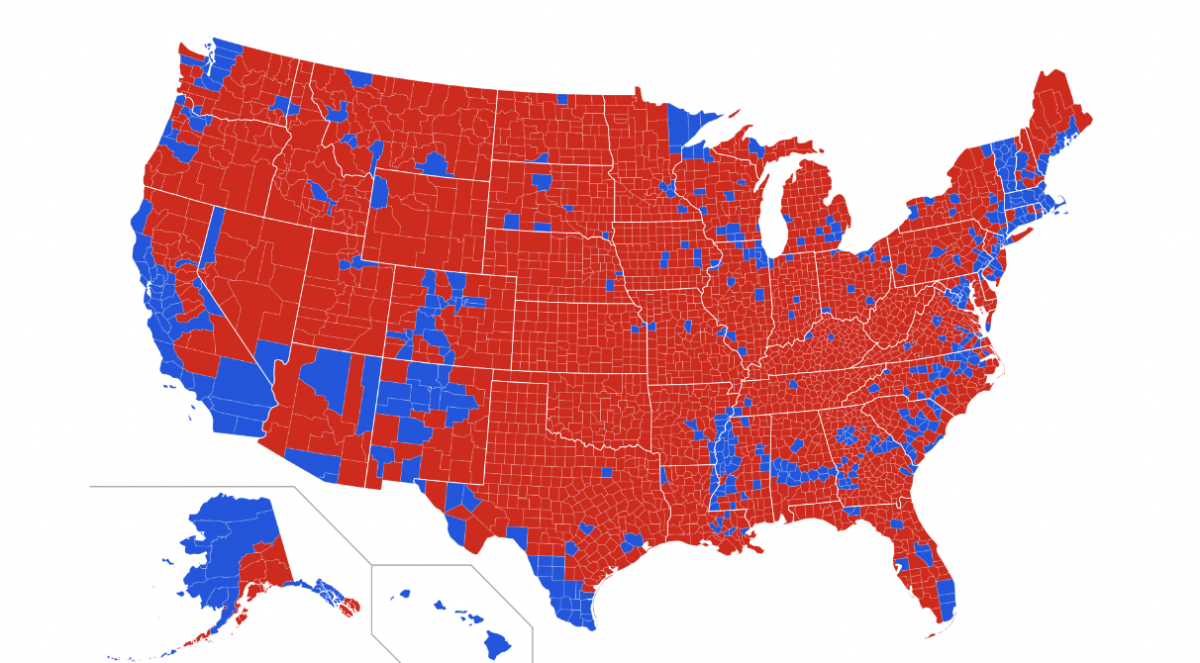Zoe Newcomb
News Editor
Two months ago senior Katherine Mibelli accepted a friend request on Facebook from a person who was friends with 18 other CSH students and claimed to be transferring into the Senior Class. A month later, Mibelli realized during a conversation with a classmate that the girl wasn’t actually real.
“I found it weird that somebody would only be friends with random people and lie about who they are,” said Mibelli. “I don’t understand how people have that much free time, but most of all it just scares me that a stranger can get my information so easily.
Occurrences of predators creating fake profiles and adding students as friends are much more common and widespread than most students say they would expect.
Mibelli said she added the girl to be polite and welcome her to the school, but now she regrets her decision.
“I thought I was safe on Facebook until I discovered that one of my friends was not who she said she was,” said Mibelli. “I was so creeped out, and even now I don’t feel safe because I’ve seen how easy it is to get information.”
“Remember that people are not always who they say they are,” the privacy section of Facebook reads. “You should always be careful when sending friend requests to, or accepting friend requests from people you do not know in the real world.”
The Web site, while it does have an excess of suggestions for staying safe, offers little concrete protection against online predators.
Unlike many other schools across the country, the Convent of the Sacred Heart Facebook network does not require a school e-mail, allowing anyone to join. Students from other high schools don’t face the same problems because they are protected by the network set up by their school.
Junior Monica Rodriguez says “weird people” constantly pop up in her People You May Know box.
“I always get friend requests from creepy people who are friends with lots of my friends but look like creepers and definitely don’t go to my school,” said Rodriguez. “It sort of scares me but I don’t think it matters that much. People can’t get me through the Internet.”
“I don’t accept strangers or give out personal information online,” said Rodriguez. “Its just basic common sense. Just like you wouldn’t talk to strangers on the street, you wouldn’t talk to people online.”
While Rodriguez says that most teens know how to protect themselves online, information like phone numbers that are readily available on Facebook pages can make students a target. Teenagers, who are oftentimes less protective of their information than adults, are prime targets for online predators.
“I didn’t know that students were having so many encounters with fake people online,” said Dean of Students Celine Curran. “I’ve heard of isolated incidents, and I’ve spoken to students to remind them to stay safe. The best advice I can give is don’t trust what people say online.”
Suspicious Facebook accounts can be reported using the Report Link, and the account may be removed or suspended within 72 hours. User privacy settings can be put at the highest level to protect information, and blocking a user can stop any inappropriate communication.
“I try and be much safer online now,” said Mibelli. “I want to be polite, but protecting myself online is the most important thing I can do.”








